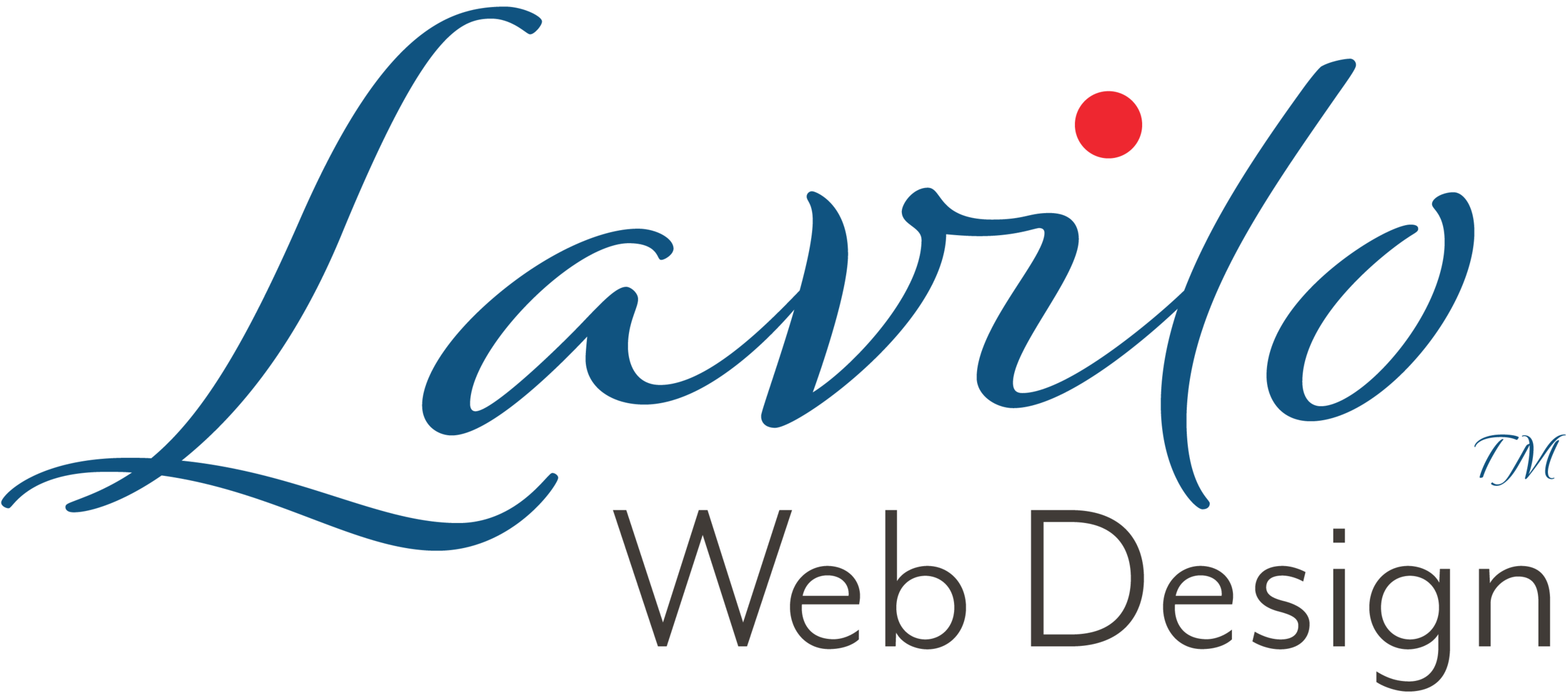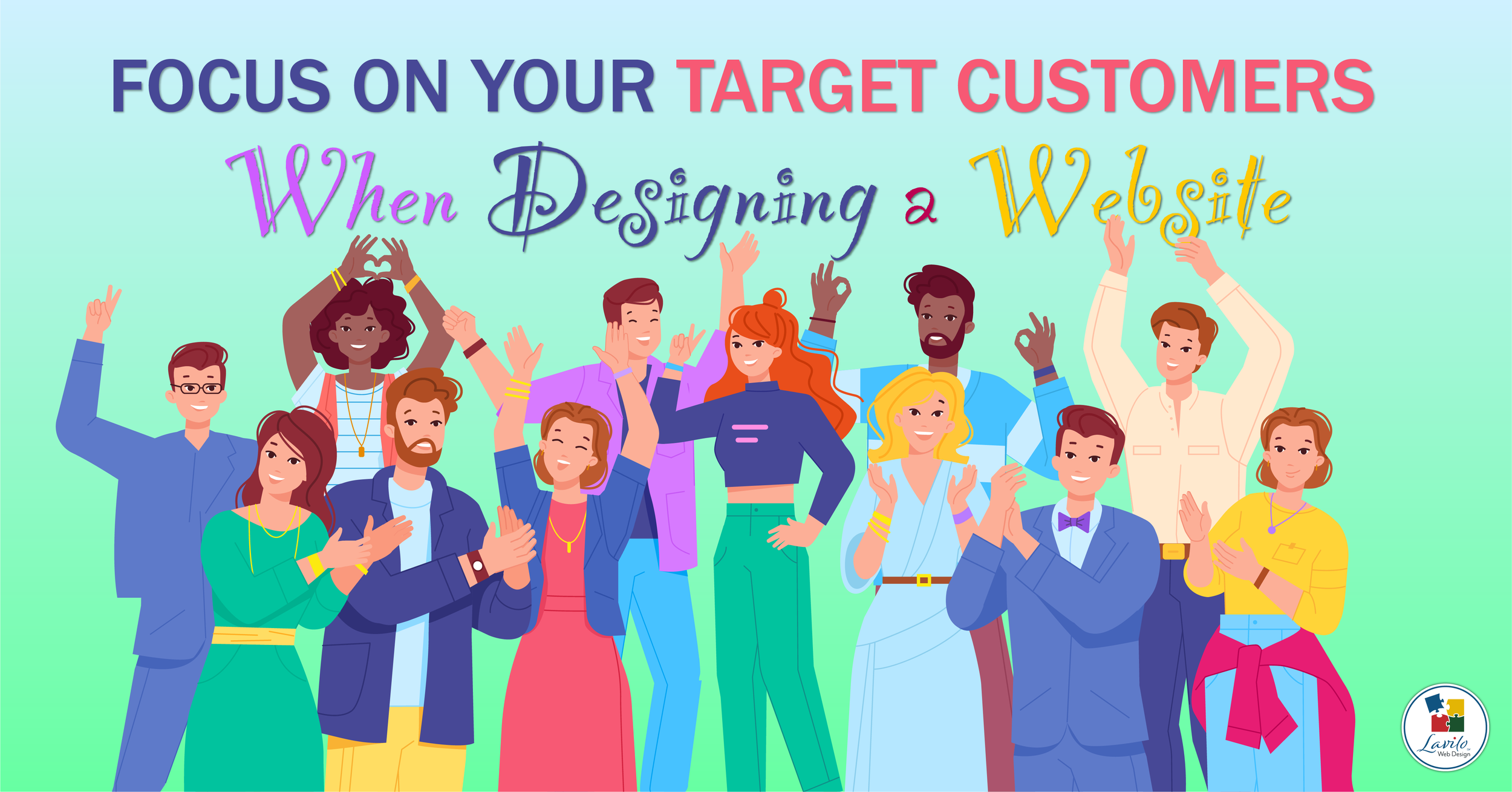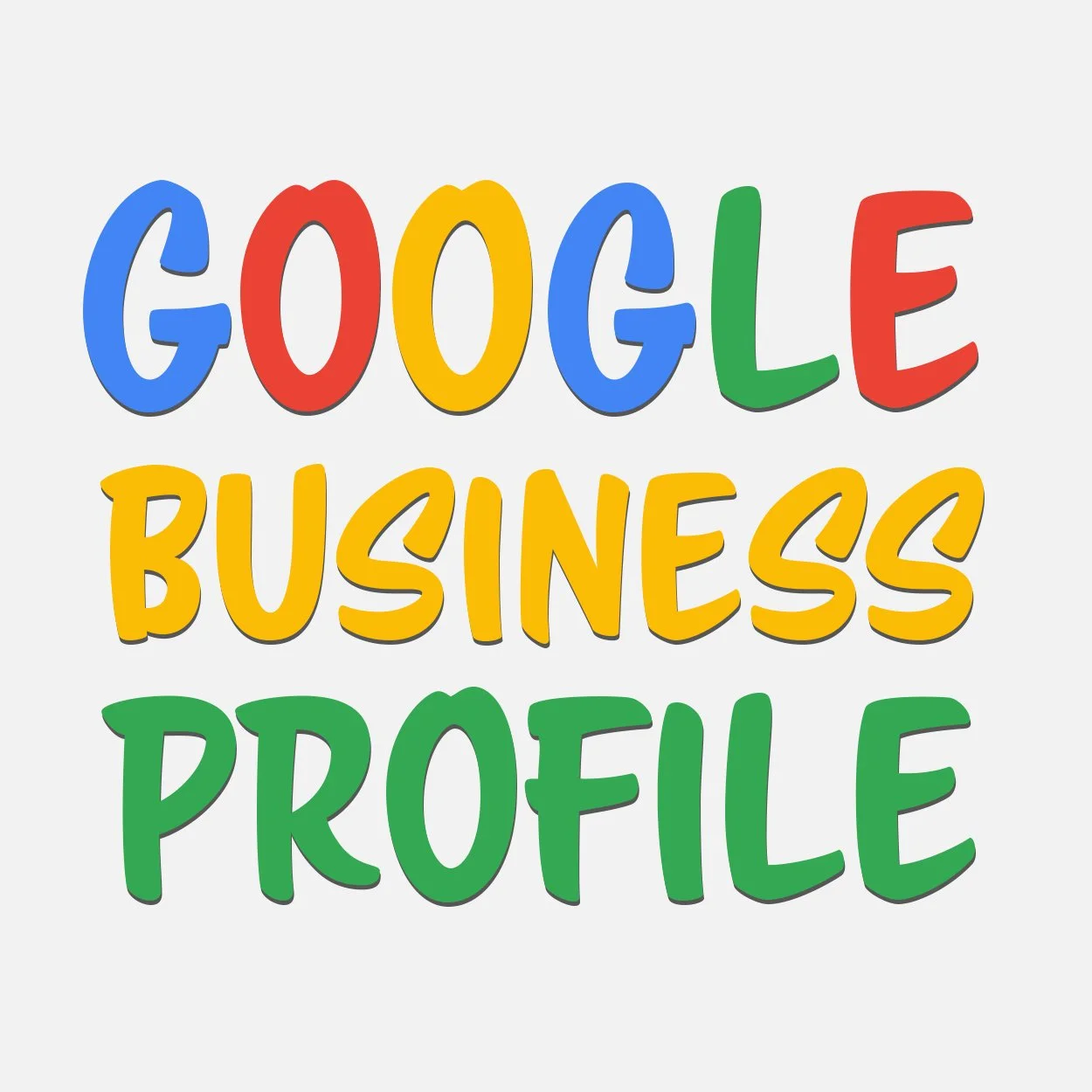How to Make Your Website Work for Your Business
Before making your website work for your business, you must make it work for your customers.
Some small business owners regard their websites primarily as tools for generating leads.
While lead generation is crucial for every company, limiting the role of a website to this sole purpose often results in overly promotional content that can deter potential customers.
Many entrepreneurs add aggressive SEO strategies to boost the ranking of their websites on the Search Engine Results Page (SERP). These heavily search engine-optimized websites stuffed with all kinds of word combinations, trending keywords, and phrases may please the Google or Bing Bots but usually fail to connect with potential customers.
High-converting websites resonate with their ideal customers because they put their customers' stories above their own and share content these customers like and value.
Before making your website work for your business, you must make it work for your customers.
Understand What Your Ideal Customers Want
Many websites contain generic, AI-generated content that tries to appeal to a broad audience. However, this content is often not interesting enough for ideal customers to engage with it.
When companies do not understand their ideal customers, it typically indicates branding deficiencies.
Think about addressing the following three questions to refine your website messages.
Who are your ideal customers?
What challenges are they facing?
How can your products and services improve their lives?
Publish Content That Is Valuable to Your Ideal Customers
Customers are more likely to interact with a website when the content is relevant to them. However, their attention spans are generally short. Lengthy texts filled with keywords and jargon often miss the mark, causing them to lose interest and leave the site.
Creating clear and concise messages that address the needs of your ideal customers is a more effective strategy for increasing engagement and conversion rates.
Help Your Customers Succeed
You help your customers succeed rather than expecting your customers to help you achieve your goals. This crucial difference in mindset is what separates a high-converting website from a low-converting one.
For-profit businesses often share their stories, vision, mission, and goals on their websites. Implicitly, these sites are designed to persuade visitors to support their corporate objectives.
However, potential customers are typically more interested in understanding what their lives will look like after they have used the products and services rather than in helping a business achieve its goals or support its narrative.
Your Website Must Work for Your Customers
Customers want to feel heard and understood.
That's why high-converting websites put their customers' stories above their own and focus their marketing efforts on creating engaging content that resonates with them and fosters loyalty.
















